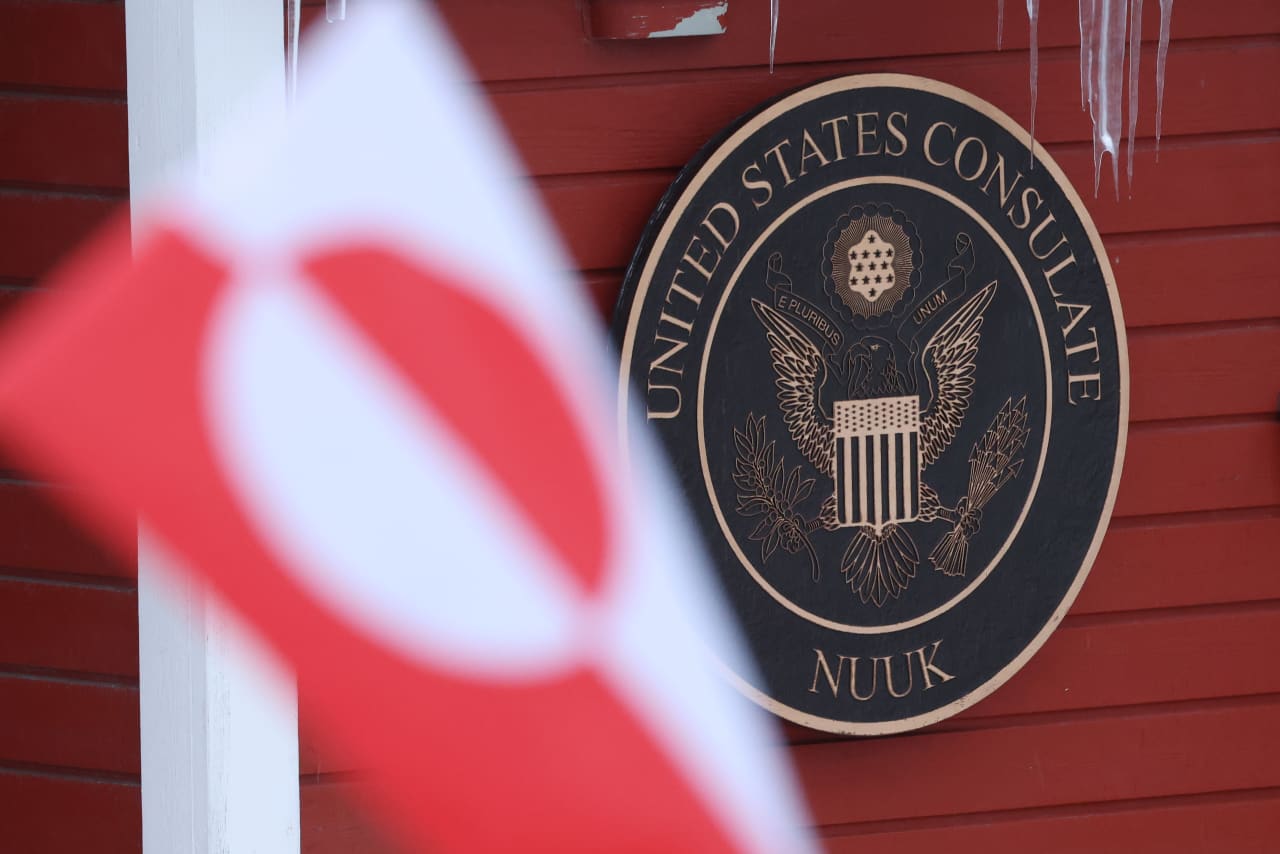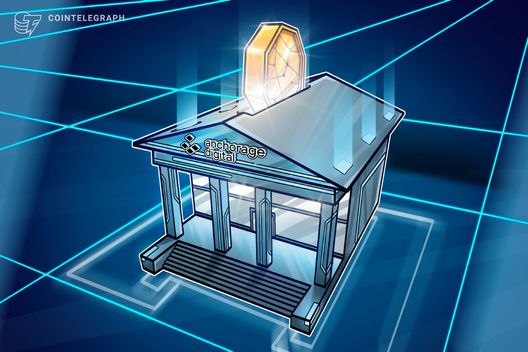Monero’s blockchain experienced an 18-block reorganization on Sunday, its deepest to date, that effectively invalidated 118 confirmed transactions by rolling back 36 minutes of transaction history.
The reorg began at block height 3,499,659 when Qubic, a lesser-known AI-focused layer-1 blockchain, unleashed a longer chain that Monero’s network nodes accepted, orphaning the other chain’s previously confirmed blocks.
The move is the latest escalation in a campaign by Qubic, which last month acquired more than half of Monero’s mining power. Qubic leverages a “useful proof-of-work” (uPoW) model that repurposes XMR mining rewards and converts them into USDT, which is then used to buy back and burn QUBIC tokens.
Despite the rollback, XMR’s price defied expectations, climbing to a two-month high of $333 after the attack, before seeing a slight drop to $307.5 at the time of writing. The cryptocurrency is still up more than 6.4% in the last 24 hours, while its daily trading volume jumped 78% to $136 million.
“Personally, I don’t consider the Monero network reliable at this point,” said Vini Barbosa, a crypto commentator on X, adding that he would stop accepting XMR payments until the issue is resolved.
“In the last 720 blocks (~24h), 213 blocks have been orphaned (114 produced by known pools and 99 produced by unknown pools or solo miners). That's 29.5% of all blocks,” Vini added. “This is just too much.”
The attack may force the Monero community to make difficult decisions. One proposed solution involves using DNS checkpoints, trusted snapshots of the blockchain, to counteract future reorganizations.
Critics argue this would compromise the network’s decentralization. On GitHub, crypto researcher Rucknium pointed out that the temporary rollout of DNS checkpoints is highly likely to soon be deployed.

 4 months ago
222
4 months ago
222













 English (US) ·
English (US) ·